In remote villages, where the people’s education level is limited, there are still sad stories about human trafficking. (In the photo: A corner of Ta Com village, Trung Ly commune). Photo: Dinh Giang
The afternoon quickly fell in the border district of Muong Lat. When the sun had just set behind the mountains, Ms. HTC's small house, perched halfway up the hill, was still closed and quiet. The villagers said that Ms. C. had taken the buffalo to the fields to feed since morning and only returned late in the evening. Hearing this, I stopped by the house of Mr. Sung A Pang, head of Kham 1 village, Trung Ly commune, at the foot of the hill to wait. A Pang is one of the few young people in the village with a university degree. While pouring a cup of tea to invite his guests, A Pang confided: "Ms. C.'s family has no men, only a mother and children living on the fields. When the fire is lit, that's when she has returned to cook for the children."
Village chief Sung A Pang said that Kham 1 village has 83 households with more than 400 people, mainly Mong people who migrated from the northern mountainous region. Over 60% of the households are poor or near-poor. In the past, the village was a "hot spot" for drugs, causing many women who lacked knowledge and livelihood to become victims of human trafficking. Ms. C's story is a warning lesson for today's young generation.
At around 7pm, light from Ms. C’s small wooden house shone through the crack in the door. The Hmong woman, with her tanned skin, was reserved when meeting strangers. Thanks to the village chief A Pang, she gradually revealed her painful past. In 2008, when her husband was in trouble for drugs, she listened to his enticements and went to work far away to earn money to raise her two children. Unexpectedly, she was tricked and sold to China, forced to become the wife of a middle-aged man.
"I didn't know the language, had no papers, and no relatives. They mistreated me and forced me to do hard work even when I was pregnant," Ms. C. said, her eyes red. After many failed escape attempts, in December 2018, despite being pregnant, she risked her life to escape in the snowy night, calling for help from the Chinese people and police. She was repatriated after more than 10 years of living in darkness, but had to leave behind two children with her blood in a foreign land.
Saying that, Ms. C. looked at her young child and the Chinese man who was looking at his mother in bewilderment, and she burst into tears again. She remembered her two children were still on the other side of the border, but she could not forget the days of abuse. Currently, she lives with her two young children in a house built with support from the State. Her older child with her ex-husband has started a family. Although life has gradually stabilized, the painful memories still often appear in her dreams - a tearing pain that she does not know when it will subside. Ms. C.'s story is not only the pain of an individual, but also a wake-up call for women in border areas against the sweet words of human traffickers.
According to statistics from the Trung Ly commune government, the commune currently has 45 cases of women marrying Chinese men, many of which are illegal. This situation exists not only in Trung Ly but is also common in many other border communes such as Pu Nhi, Nhi Son, Quang Chieu... Major Quan Dinh Thao, Deputy Political Commissar of Trung Ly Border Guard Station, said: Human traffickers often operate in an organized manner, taking advantage of the rugged mountainous terrain and the gullibility of ethnic minority women, pretending to be relatives, introducing jobs in industrial parks or farms on the other side of the border, preying on the psychology of needing money and jobs of poor women. Most of the victims will be taken deep into the interior, to remote areas on the other side of the border. When discovered, rescue is very difficult, requiring time, legal procedures and international coordination. Faced with this situation, Trung Ly Border Guard Station has increased coordination with the commune government, police force and mass organizations, opening legal propaganda classes for people, especially women and ethnic minority students. The propaganda content focuses on preventing human trafficking, recognizing signs of fraud, self-defense skills and contact information in case of danger.
Dinh Giang
Source: https://baothanhhoa.vn/goc-khuat-noi-cong-troi-248057.htm


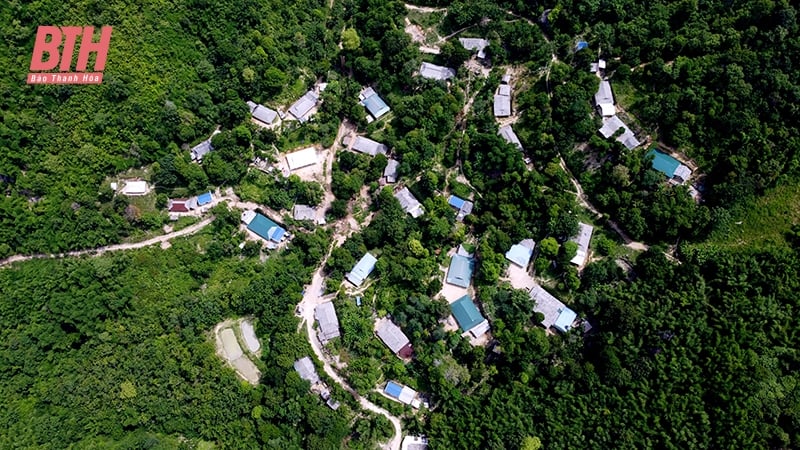
![[Photo] Many people in Hanoi welcome Buddha's relics to Quan Su Pagoda](https://vphoto.vietnam.vn/thumb/1200x675/vietnam/resource/IMAGE/2025/5/13/3e93a7303e1d4d98b6a65e64be57e870)
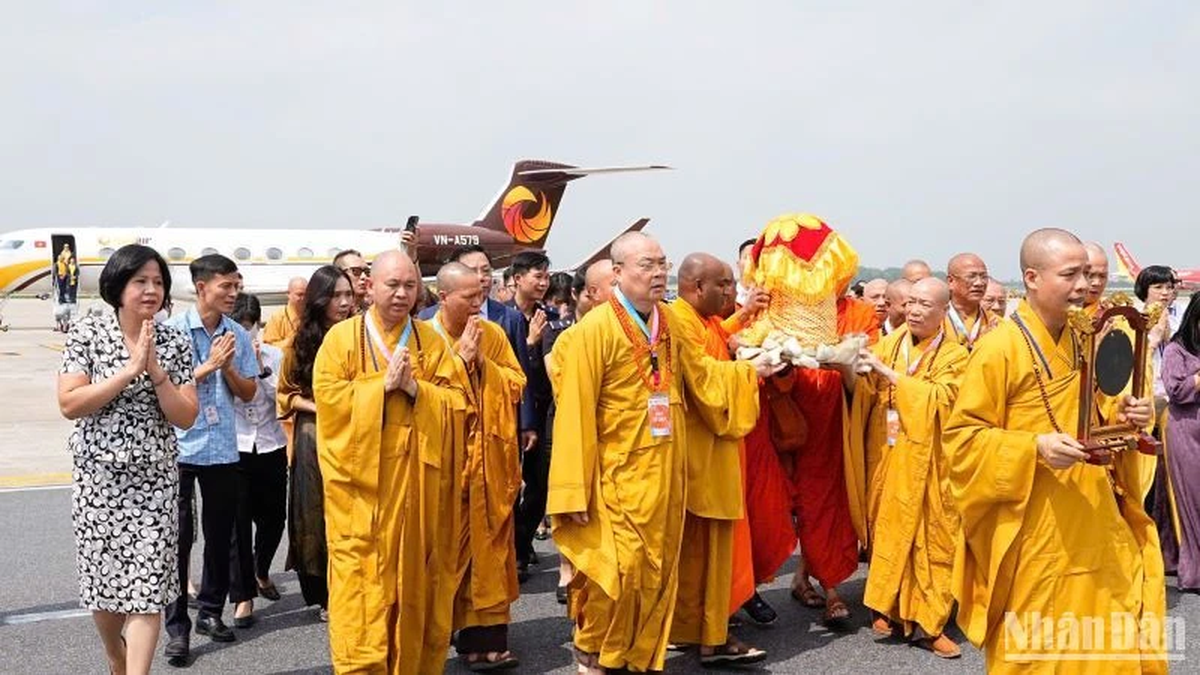
![[Photo] President Luong Cuong attends the inauguration of the international container port in Hai Phong](https://vphoto.vietnam.vn/thumb/1200x675/vietnam/resource/IMAGE/2025/5/13/9544c01a03e241fdadb6f9708e1c0b65)
![[Photo] President Luong Cuong awarded the title "Heroic City" to Hai Phong city](https://vphoto.vietnam.vn/thumb/1200x675/vietnam/resource/IMAGE/2025/5/13/d1921aa358994c0f97435a490b3d5065)

![[Photo] Prime Minister Pham Minh Chinh receives Ambassador of the French Republic to Vietnam Olivier Brochet](https://vphoto.vietnam.vn/thumb/1200x675/vietnam/resource/IMAGE/2025/5/13/f5441496fa4a456abf47c8c747d2fe92)
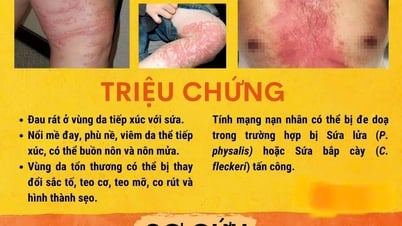
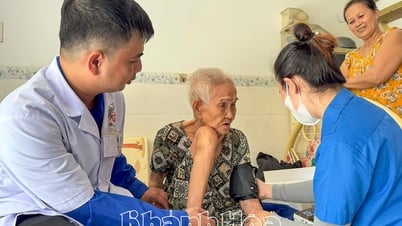
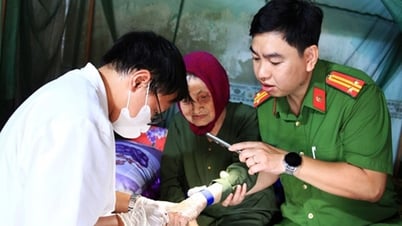


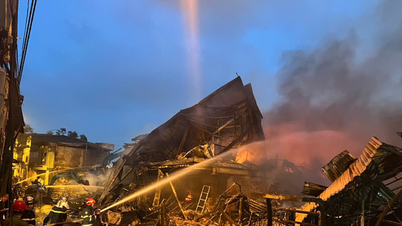




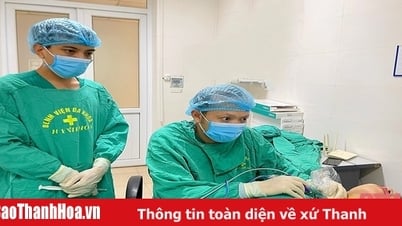
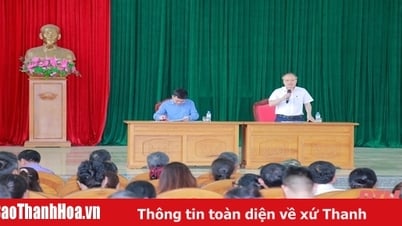
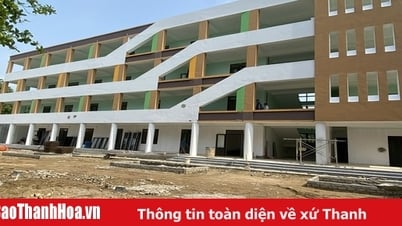

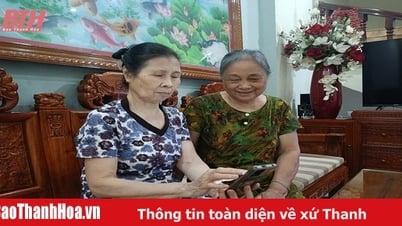
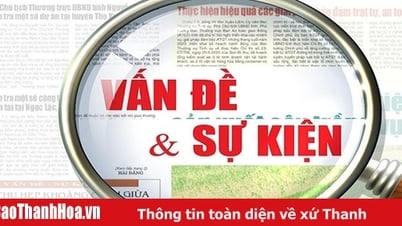























































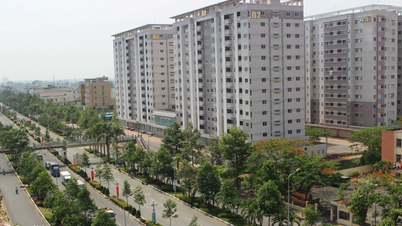

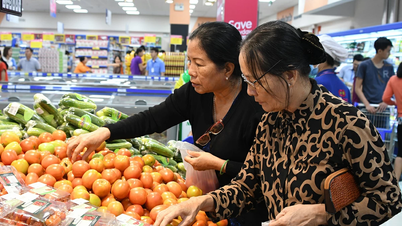










Comment (0)